Police Report Samples
-
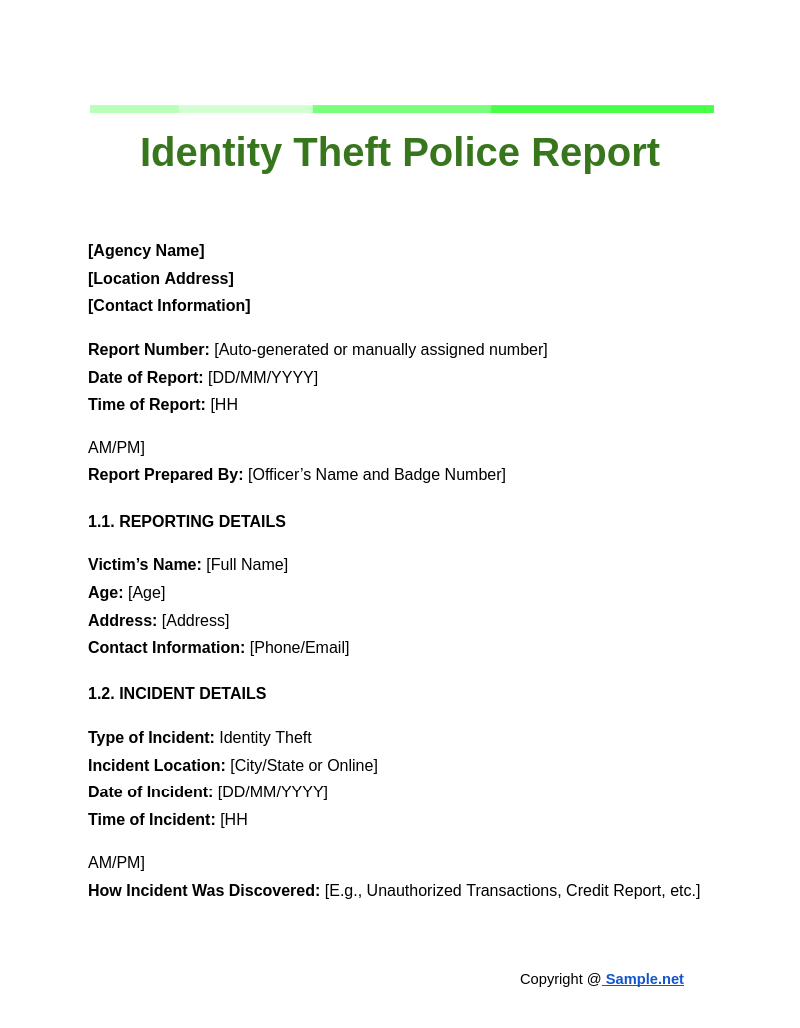
Identity Theft Police Report
download now -
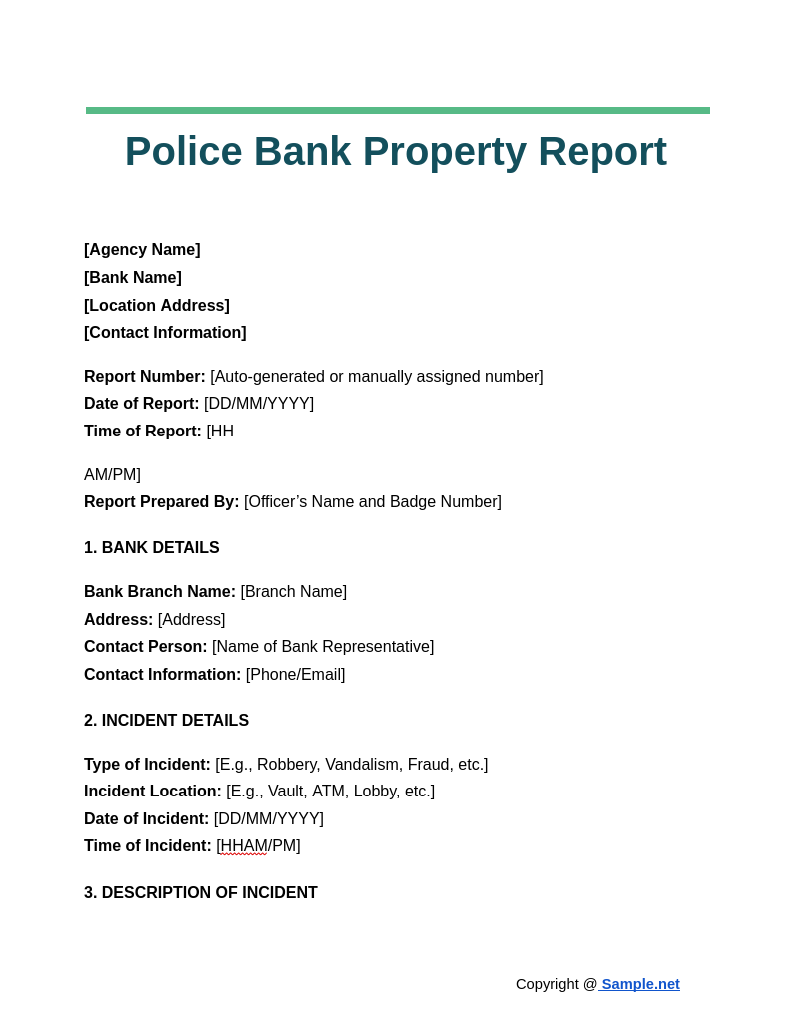
Police Bank Property Report
download now -
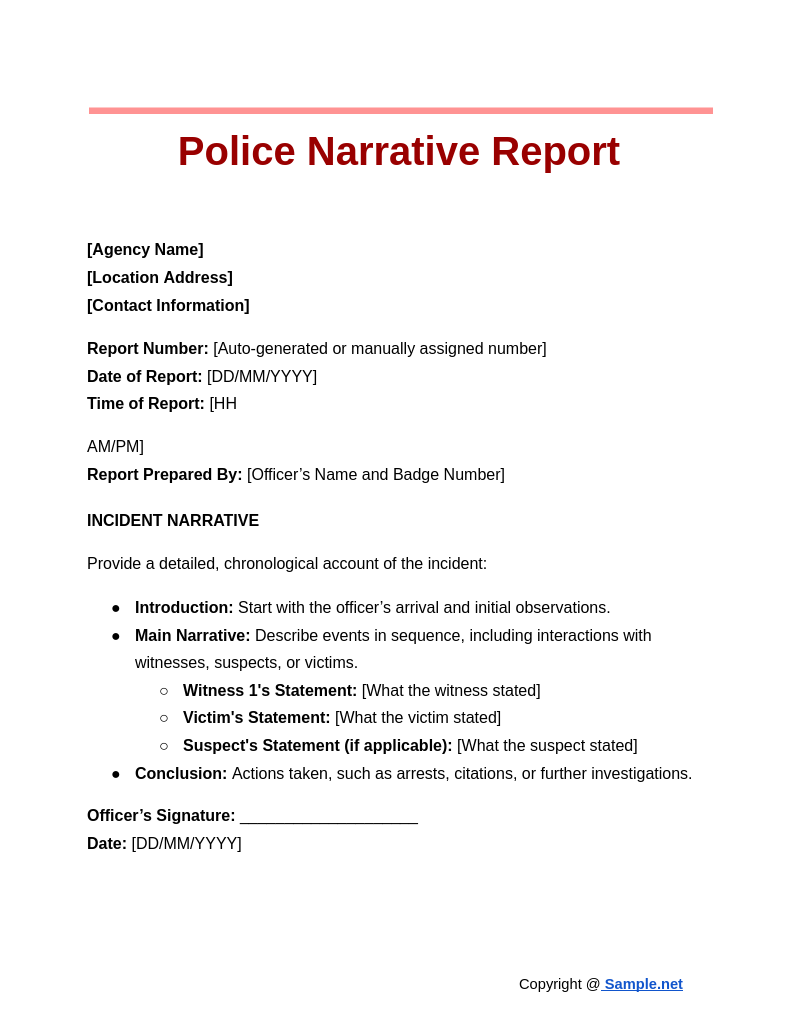
Police Narrative Report
download now -
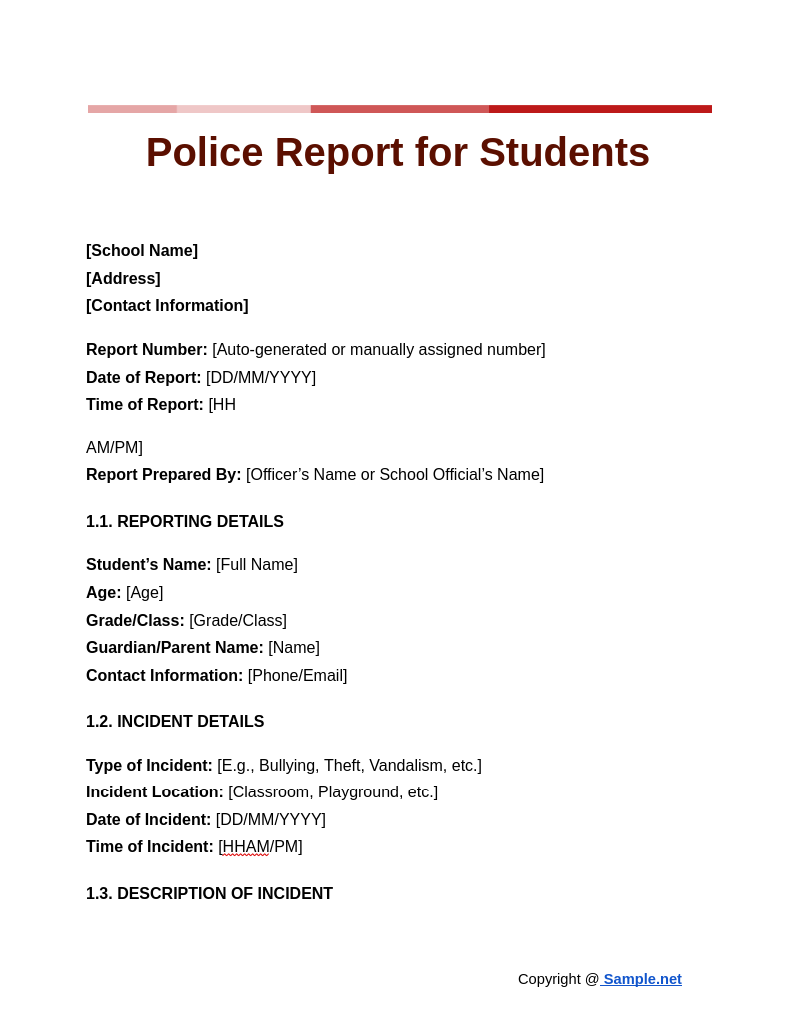
Police Report for Students
download now -
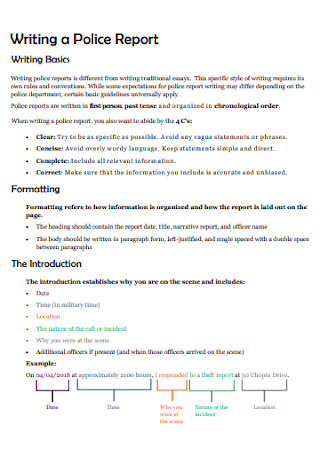
Police Report Format
download now -
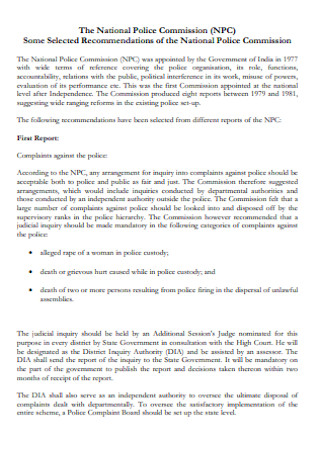
Police Commission Report
download now -
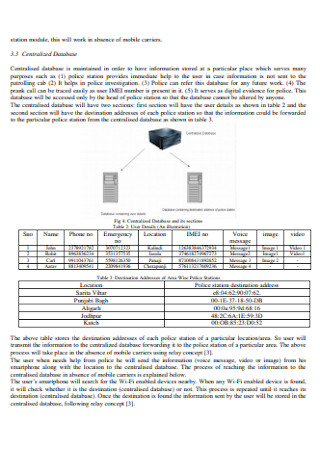
Police Crime Report
download now -
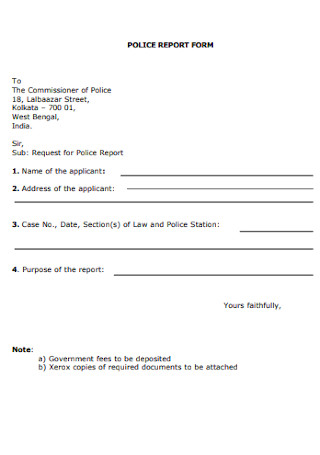
Police Report Form
download now -
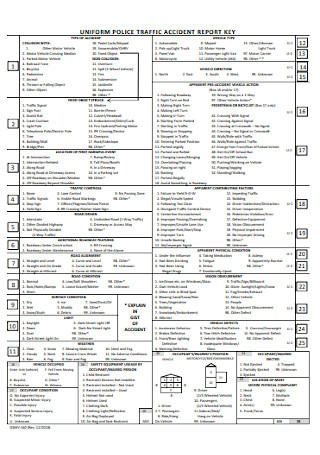
Police Traffic Accident Report
download now -
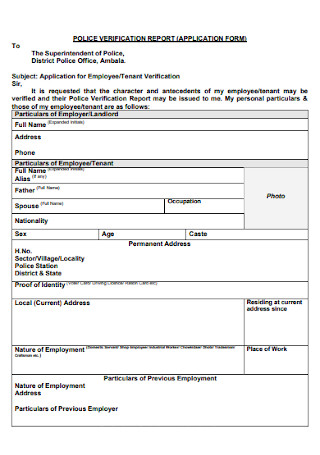
Police Verification Report
download now -
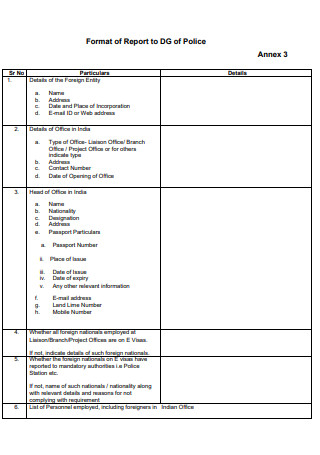
Format of Report to DG of Police
download now -
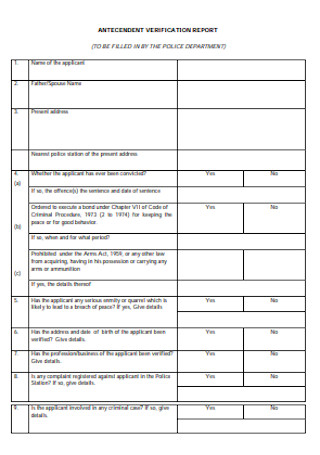
Police Attendance Verification Report
download now -
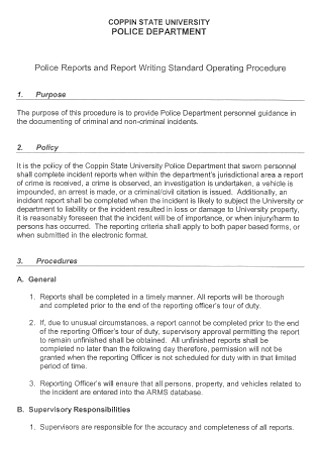
State Police Report
download now -
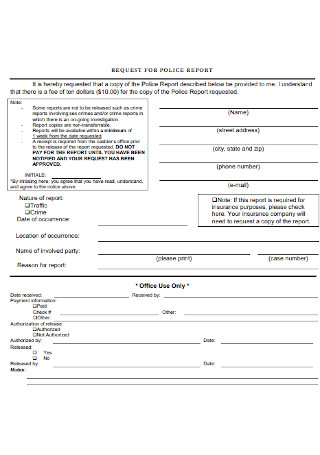
Sample Request for Police Report
download now -
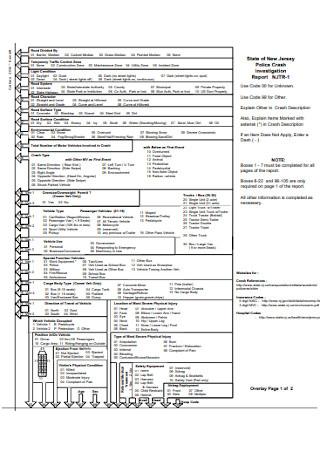
Police Crash Investigation Report
download now -
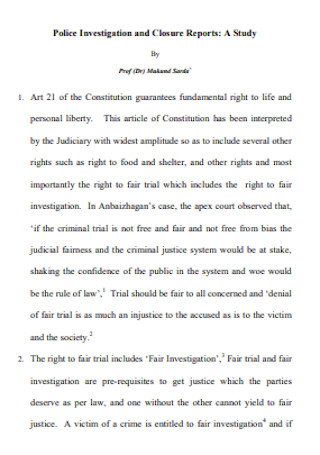
Police Investigation and Closure Reports
download now -
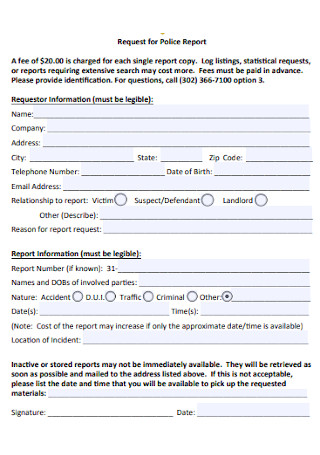
Simple Request for Police Report
download now -
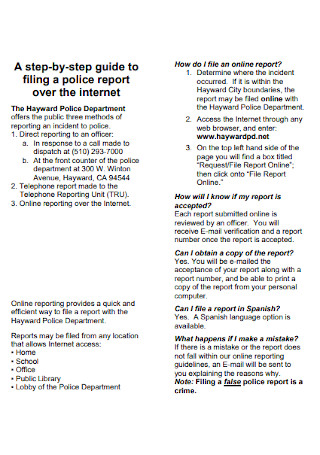
Formal Police Report
download now -
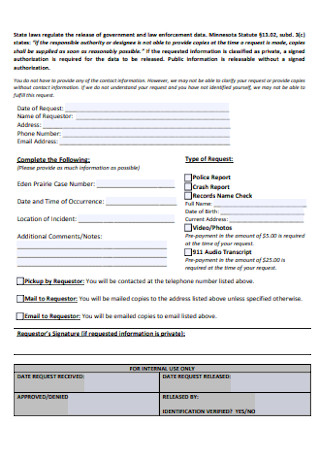
Police Department Report
download now -
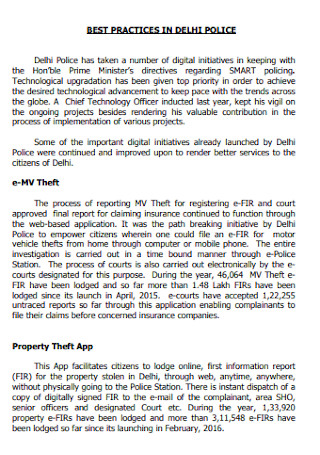
Standard Police Report
download now -
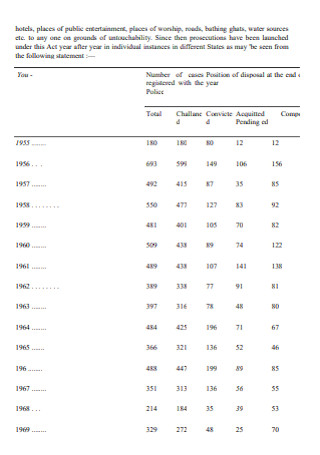
Police Commission Third Report
download now -
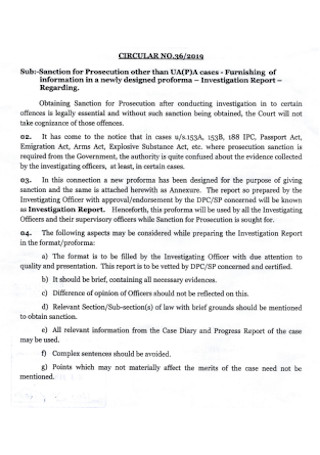
Sample Police Investigation Report
download now -
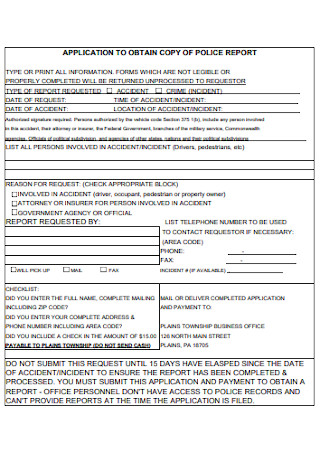
Application to Obtain Police Report
download now -
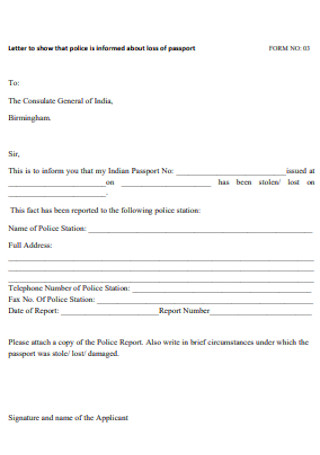
Police Report Letter
download now -
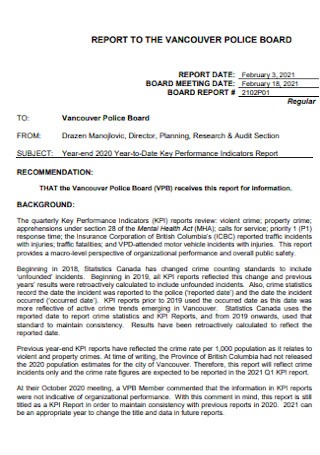
Report of Vancouver Police
download now -
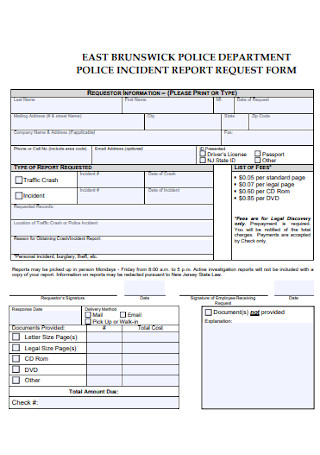
Police Incident Report Form
download now -
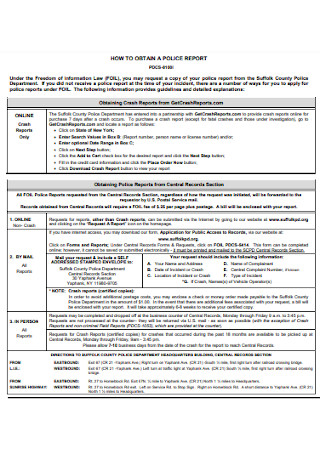
Printable Police Report
download now -
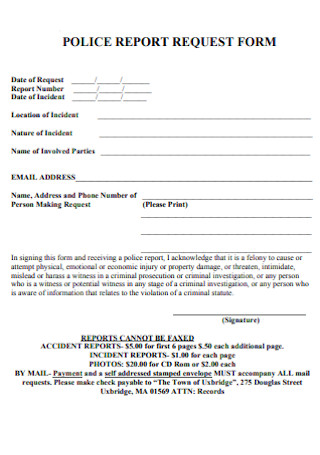
Sample Police Report Form
download now -
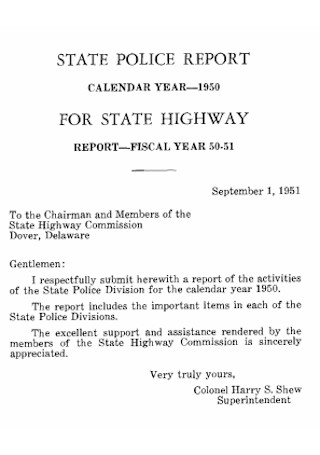
State Police Report Template
download now -
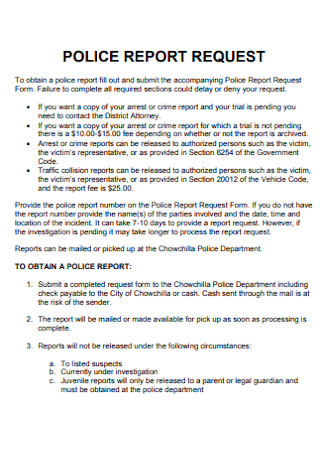
Professional Police Report
download now -
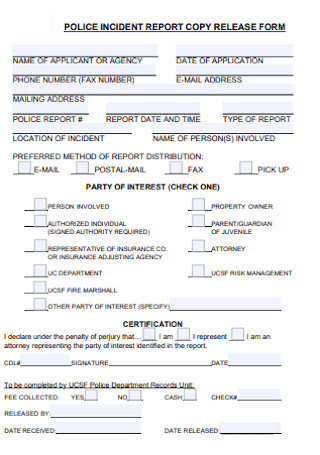
Police Report Release Form
download now -
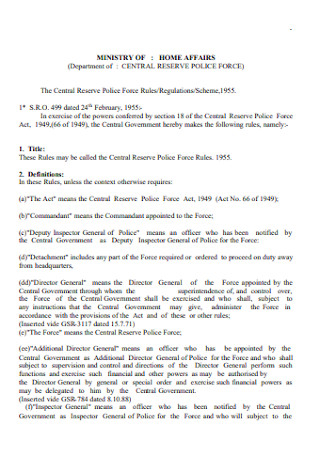
Police Forece Report
download now -
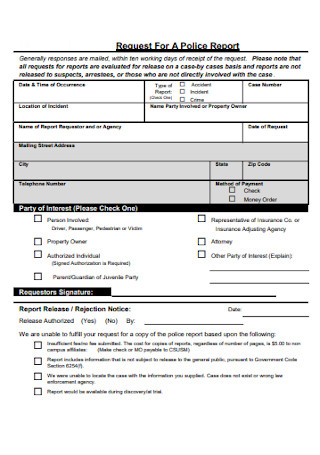
Standard Request For Police Report
download now -
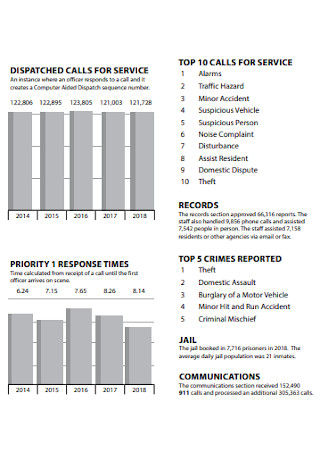
Police Annual Report Template
download now -
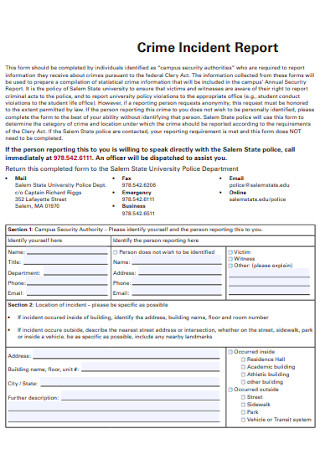
Police Crime Incident Report
download now -
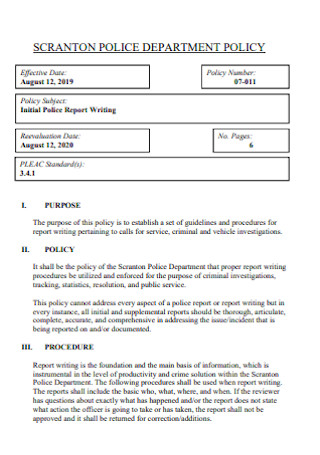
Police Department Policy Report
download now -
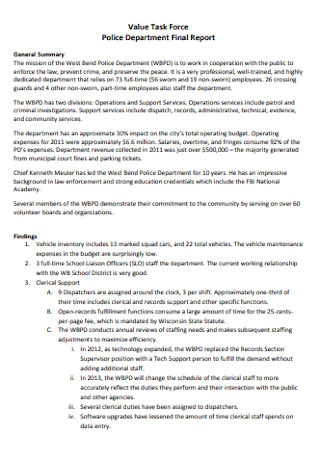
Police Department Final Report
download now -
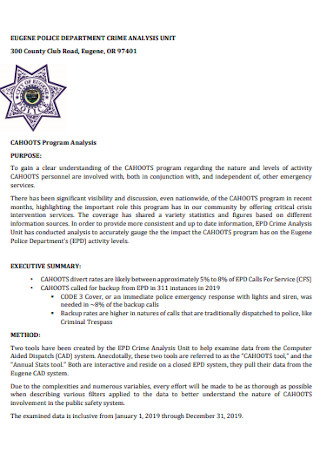
Police Crime Analysis Report
download now -
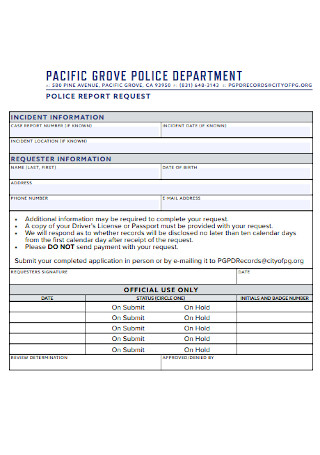
Pacific Grove Police Report
download now -
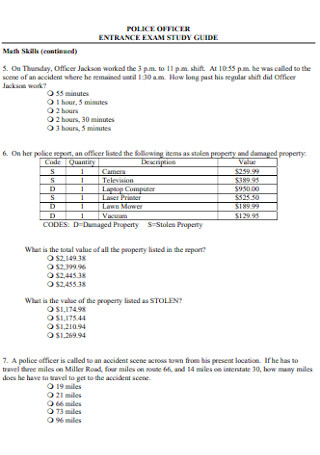
Police Officer Report
download now -
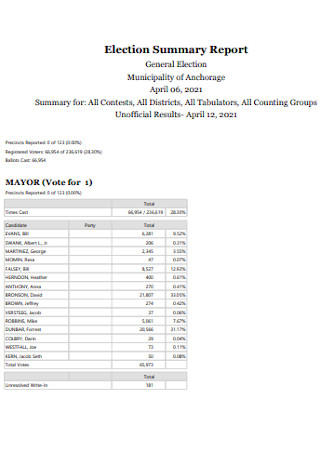
Election Summary Police Report
download now -
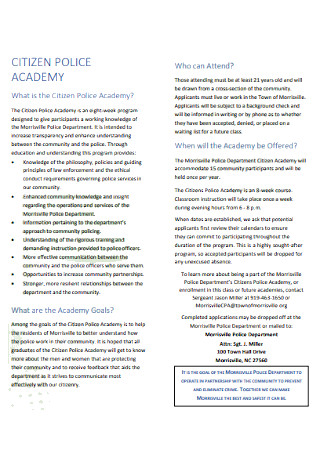
Police Academic Report
download now -
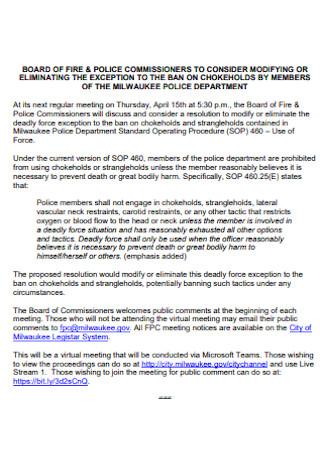
Board of Police Report
download now -
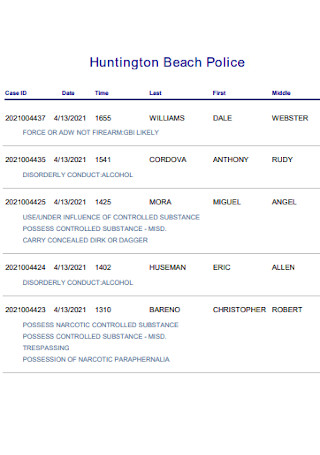
Beach Police Report Template
download now -
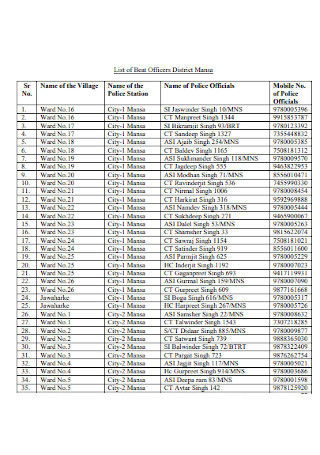
Police Report List
download now -
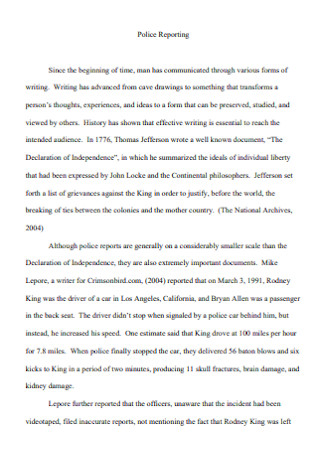
Sample Police Report Format
download now -
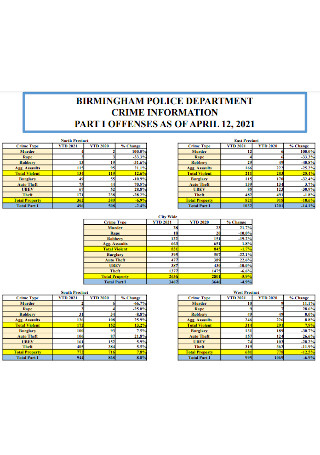
Police Crime Information Report
download now -
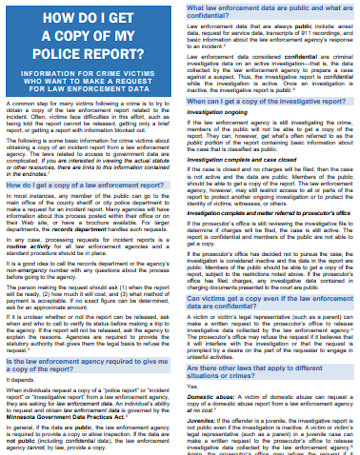
Police Data Report
download now -
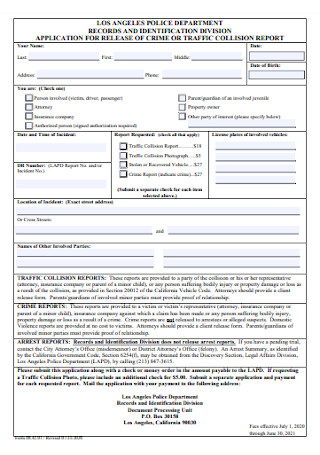
Traffic Police Collision Report
download now -
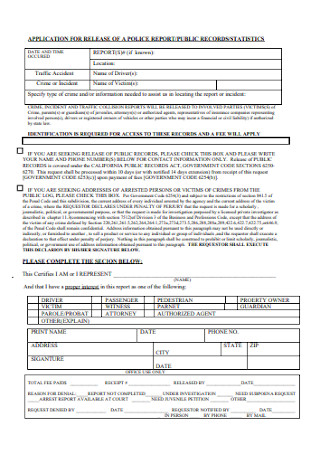
Application For Release of Police Report
download now
FREE Police Report s to Download
Police Report Format
Police Report Samples
What Is a Police Report?
Points of View In Police Reports
Tips in Writing a Police Report
How to Write a Police Report
FAQs
What is police report writing?
How do I make a report to the police?
Can a police report be filed online?
Are police reports confidential?
What happens after a police report is filed?
How can I get a copy of my police report?
Can a police report be modified after submission?
What if someone files a false police report?
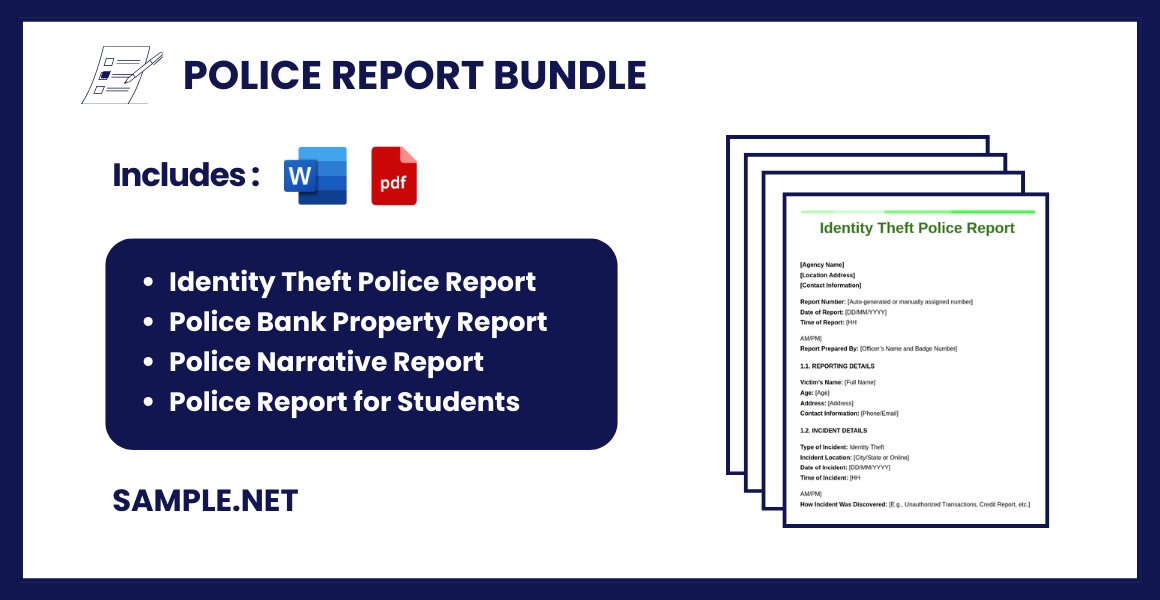
Police Report Format
[Agency Name]
[Location Address]
[Contact Information]
Report Number: [Auto-generated or manually assigned number]
Date of Report: [DD/MM/YYYY]
Time of Report: [HHAM/PM]
Report Prepared By: [Officer’s Name and Badge Number]
1. REPORTING DETAILS
Officer’s Name: [Officer’s Full Name]
Badge Number: [Badge No.]
Rank: [Rank]
Unit: [Unit Name]
Date of Assignment: [DD/MM/YYYY]
2. INCIDENT DETAILS
Type of Incident: [E.g., Theft, Assault, Accident, etc.]
Incident Location: [Address or Description of Location]
Date of Incident: [DD/MM/YYYY]
Time of Incident: [HHAM/PM]
Weather Conditions: [Clear, Rainy, etc.]
3. PARTIES INVOLVED
- Complainant/Victim Details:
- Name: [Full Name]
- Age: [Age]
- Gender: [Gender]
- Address: [Address]
- Contact Information: [Phone/Email]
- Suspect/Accused Details (if known):
- Name: [Full Name]
- Age: [Age]
- Gender: [Gender]
- Address: [Address]
- Contact Information: [Phone/Email]
- Witness Details:
- Name: [Full Name]
- Age: [Age]
- Gender: [Gender]
- Address: [Address]
- Contact Information: [Phone/Email]
4. NARRATIVE
Incident Summary:
A brief account of the incident, providing a chronological description of what happened. Use clear and concise language.
- How the incident was reported: [Phone call, In-person, etc.]
- Initial Observations: [Officer’s first observations upon arrival]
- Statements:
- Complainant’s Statement: [Detailed statement given by the complainant]
- Witness’s Statement: [Detailed statement given by witnesses]
- Suspect’s Statement (if applicable): [Detailed statement by suspect]
- Evidence Found at the Scene: [Photos, Weapons, etc.]
- Immediate Actions Taken: [Arrest, Medical Assistance, Search, etc.]
5. EVIDENCE
Physical Evidence Collected:
- Item 1: [Description]
- Item 2: [Description]
Photographs Taken: [Yes/No]
Videos Recorded: [Yes/No]
Additional Evidence: [Details]
6. CHARGES (if applicable)
- Charge 1: [E.g., Burglary]
- Charge 2: [E.g., Assault]
- Arrest Made: [Yes/No]
7. OFFICER’S NOTES
- Any additional observations, suspicions, or information that could be relevant to the case but not captured elsewhere in the report.
8. CONCLUSION
Summarize the findings, actions taken, and possible next steps, such as further investigation, court appearance, or case closure.
Officer’s Signature: ____________________
Date: [DD/MM/YYYY]
Supervisor’s Approval: ____________________
Date: [DD/MM/YYYY]
What Is a Police Report?
A police report is a written document that can either be submitted by or to the police with regard to a crime. It usually is in a narrative format, detailing the incident and describing the nature of the crime.
According to recent federal data published by the Congressional Research Service, the number of hate crimes in the United States is on the rise. A number of high-profile crimes committed against Asians and Asian-Americans have shocked and horrified a country still reeling from a series of race-fueled protests. You can also see more on Preliminary Investigation Report.
Points of View In Police Reports
Depending on the situation, you may either be a person working in law enforcement required to write police reports; or a civilian made to file a report at a police station. In both instances, they require providing and documenting information about an untoward incident or a crime. You can also see more on Traffic Incident Report.
Tips in Writing a Police Report
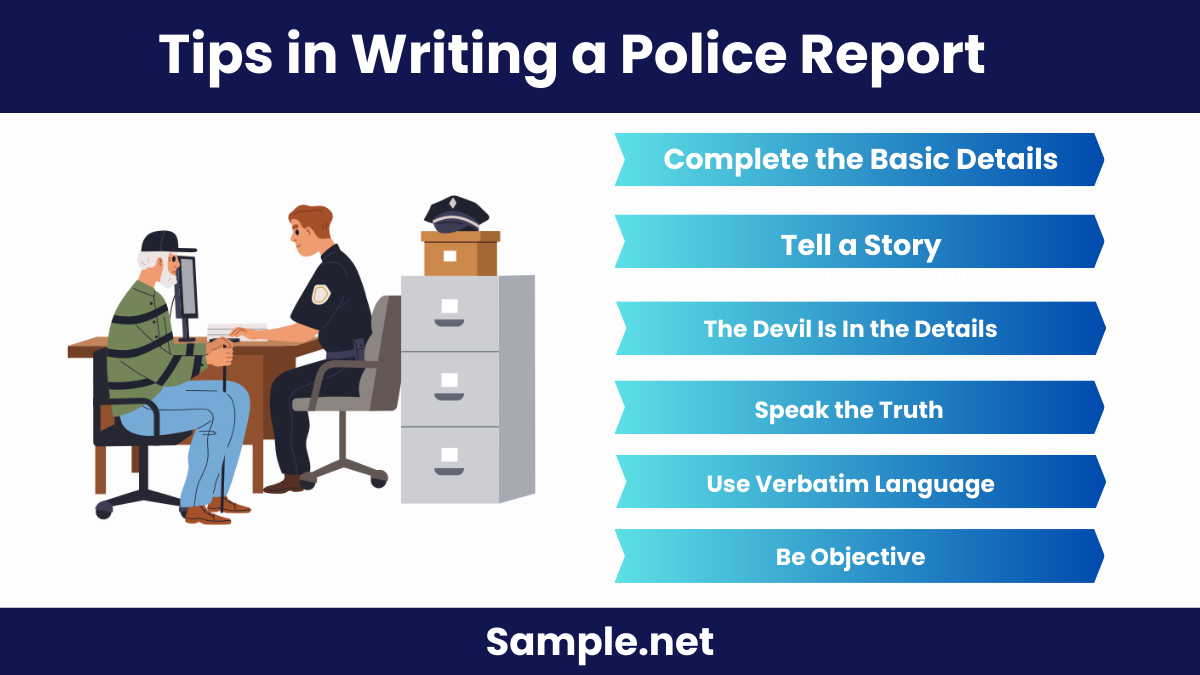
If there is one basic rule to follow in writing police reports, it all boils down to effective storytelling. A good narrative is simple to follow, has logical flow, includes useful information, and describes details. To help you create a constructive police report, remember the following tips:
How to Write a Police Report
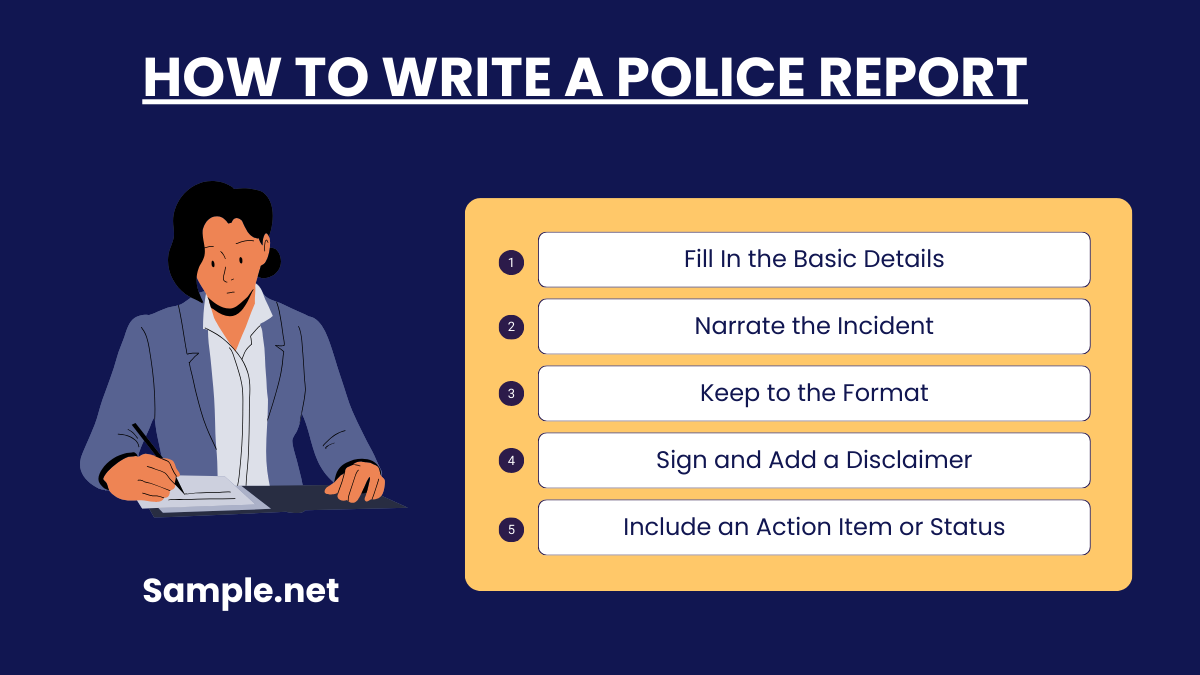
For law enforcement personnel and civilians alike, writing a police report may take considerable time and effort. But learning to write an effective report is important because it may help criminal investigators hold offenders accountable and award justice to the victims. You can also see more on Task Force Reports.Keep these steps in mind when creating your report:
Step 1: Fill In the Basic Details
Before your start narrating the incident, establish the key details first. This includes the name of the one filing the report, date, time, contact information, location and other relevant details that authorities might need. Providing accurate details is essential in keeping all police reports organized and correctly filed.
Step 2: Narrate the Incident
Again, be as detailed as you can possibly be. Start from the beginning and do not leave out relevant information. Order your events chronologically. Your thoughts and story should be arranged in such a way that it helps investigators establish a clear time frame and a logical flow of events. Consider the helpful tips above to help you write a clear and rational incident report.
Step 3: Keep to the Format
Most police reports are in paragraph form. But you can also include bullet points if it helps to clarify your information. Many police departments have standard forms that make it easier and more convenient to fill up. Nowadays, a report may be filed online and is directly stored in a large database. Still, some are done manually the old fashioned way by keeping multiple hard copies of police reports.
Step 4: Sign and Add a Disclaimer
At the end of your report, make sure there is enough space for the author to affix a signature. You may also include a brief truth disclaimer stating that all the information provided above are facts you know to be true, is in no way false or misleading, and are stated to the best of your ability and memory. You can also see more on Visit Report.
Step 5: Include an Action Item or Status (Optional)
This is for law enforcers who are tasked to respond to various complaints and reports. A report may indicate the action that was taken or is yet to be taken. For a systematic and efficient process, a police report or investigation may be labeled as on-going, closed or pending. Documentation is important in any organizational process; this also makes it easier for authorities to prioritize reports and records.
Police reports are essential tools in law enforcement, providing an official record of incidents. They play a critical role in investigations, legal actions, and ensuring justice. Accurate and detailed reporting helps establish transparency and accountability in the handling of cases. You can also see more on Confidential Investigation Report.
FAQs
What is police report writing?
Police report writing is the process in which information regarding an incident or crime is collected (either done in first person or taken from a witness), written and recorded for the purpose of responding to an incident. It involves the careful documentation of essential details to aid criminal or civil investigations.
How do I make a report to the police?
You can report a crime to the police and the proper authorities directly, either by calling emergency numbers or proceeding immediately to the nearest police station. Officers then usually take your statement to begin the process. Emergency hotlines also provide quicker access to police in case you need immediate attention. Time is of the essence in many of these cases. The sooner you report an incident, the better the chances of resolving it. You can also see more on Kitchen Incident Report.
Can a police report be filed online?
Yes, for some police departments, they have made it more convenient for citizens to report crimes. Many agencies have adapted, upgraded, and refined their processes over time. However, if you are unsure if your area or county is practicing this, it’s best to check with your local law enforcement agency first.
Are police reports confidential?
It depends on the governing laws of the state. Generally, police reports are considered public records and certain records should be made accessible to the public. However, some sensitive information or cases require discretion and may not be readily or easily disclosed without proper authorization. You can also see more on Death Investigation Report.
What happens after a police report is filed?
After filing, the report is reviewed by law enforcement officials, who determine if an investigation is necessary. If required, investigators gather more evidence, interview witnesses, and analyze details to build a case. The report may also be shared with legal authorities or insurance companies for further action.
How can I get a copy of my police report?
To obtain a copy, visit the police department that issued the report and submit a formal request. You may need to provide identification and pay a small fee. In some cases, you can request it online or by mail, depending on the department’s policy. You can also see more on Patient Incident Report.
Can a police report be modified after submission?
Yes, reports can be amended if new information emerges or errors are found. Contact the officer who filed the original report or the respective police department to make necessary changes. The officer may verify the new details before updating the report.
What if someone files a false police report?
Filing a false report is a criminal offense and can result in serious legal consequences, including fines or imprisonment. Authorities may investigate the validity of the report, and if proven false, the individual responsible can face charges for misleading law enforcement and wasting resources. You can also see more on Work Investigation Report.
